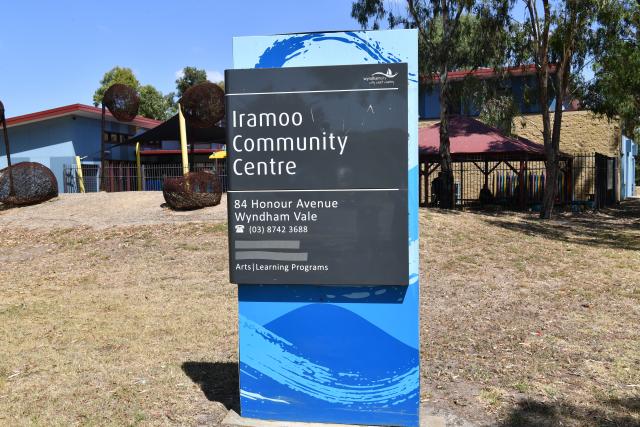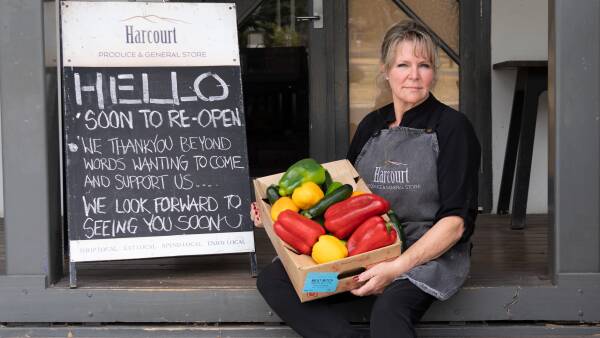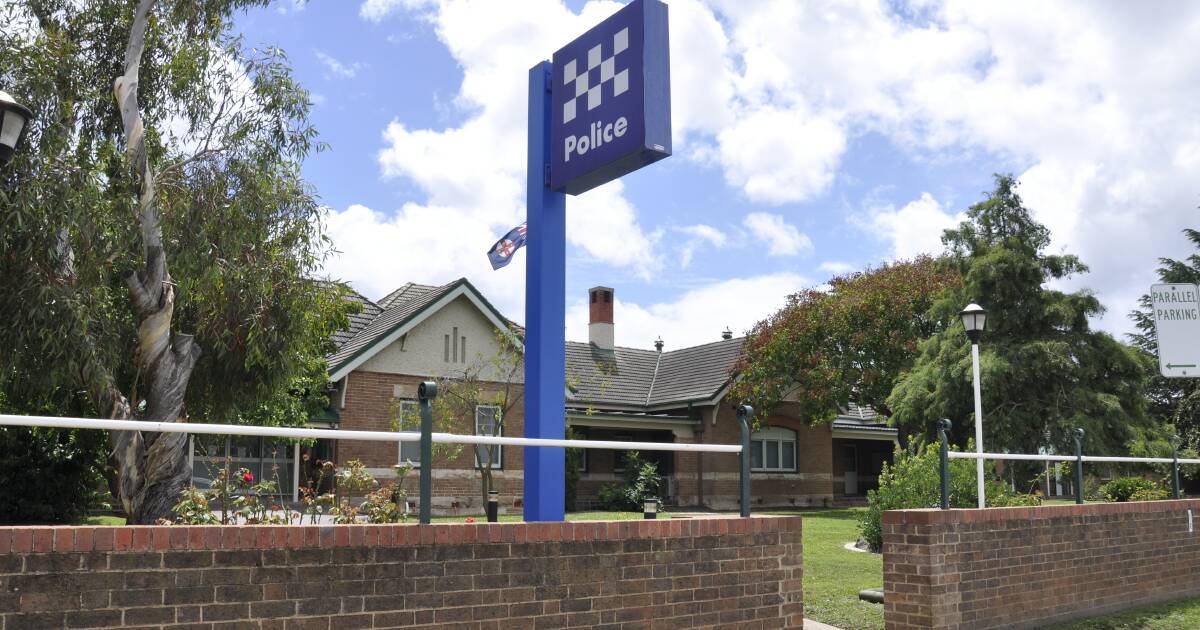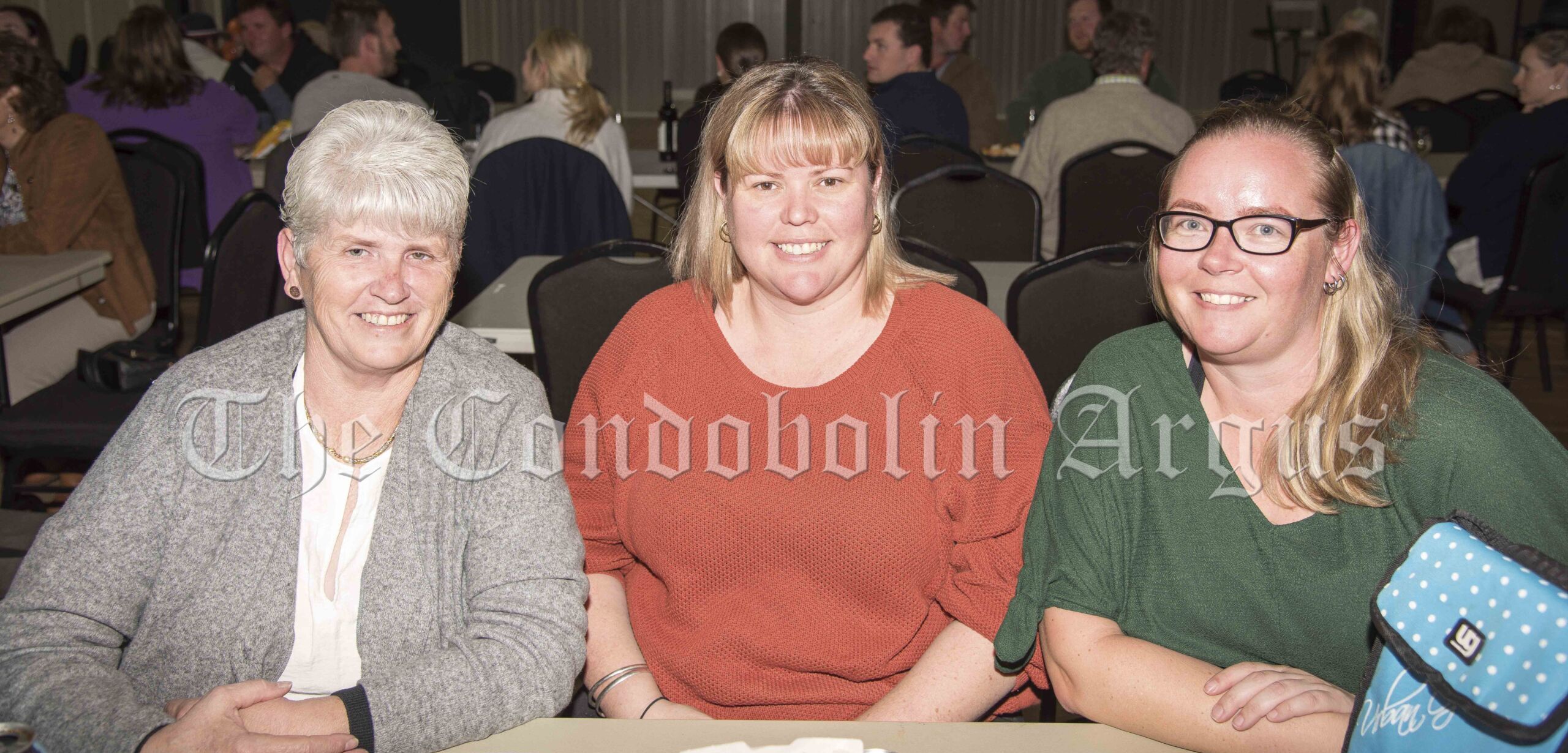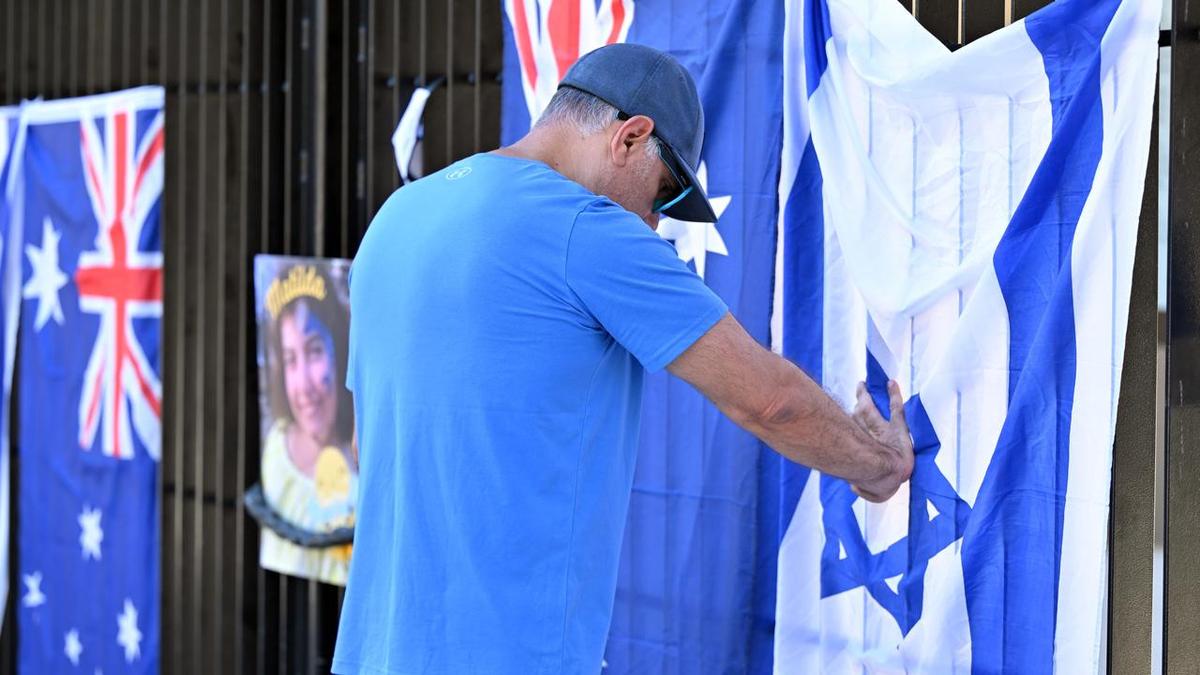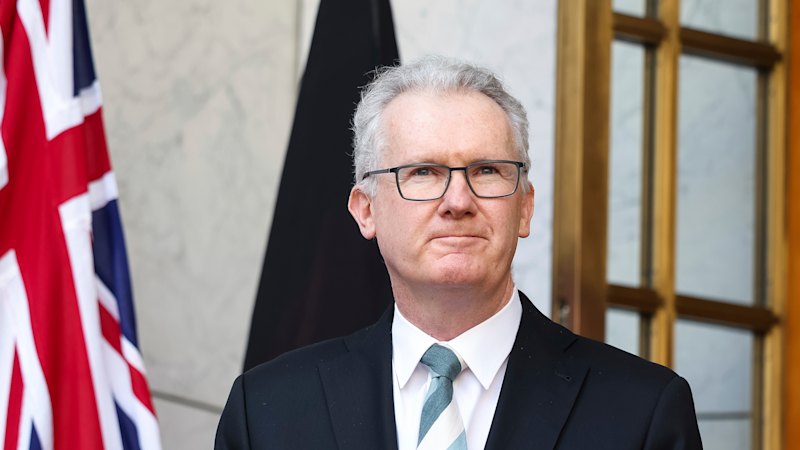
In a series of significant events across Australia, the country witnessed escalating tensions amid protests and high-profile arrests. Prominent Neo-Nazi leader Thomas Sewell was arrested outside the Melbourne Magistrates’ Court following a violent incident connected to his group’s attack on an Indigenous sacred site. His arrest came after a confrontation in court, where Sewell was contesting various charges, including intimidation of a police officer.
On the same day, a 39-year-old South Australian man turned himself in to police after being identified for displaying a poster of Dezi Freeman, a fugitive accused of killing police officers, during a March for Australia rally in Adelaide. The man has been charged with displaying offensive material in a public place and is scheduled to appear in court on October 28, 2023.
The federal government faced backlash following anti-immigration protests. Tony Burke, the Home Affairs Minister, announced that Australia’s permanent migration cap would remain unchanged at 185,000 for the 2025-26 financial year, despite demands for adjustments. Burke emphasized that the protests would not influence migration policy.
Incidents of Assault and Political Controversy
In Sydney, police are investigating an alleged assault against two Palestinian-Australian brothers, Shamikh and Majed Badra, who reported being verbally abused and physically threatened on a train. The brothers attended a pro-Palestine rally, where they encountered an anti-immigration march occurring simultaneously. Video evidence has surfaced showing the brothers facing aggressive insults, including being told, “We don’t want you in our country.” The incident highlights growing societal tensions in the wake of recent protests.
Meanwhile, Queensland MP Bob Katter is under scrutiny for his threatening remarks towards a journalist, which could lead to suspension or pay docking following a referral by the Greens party. Katter’s comments drew bipartisan condemnation, yet no immediate action was taken in Parliament. Greens senator Sarah Hanson-Young criticized the disparity in the treatment of Katter compared to other members who might face stricter consequences for similar behavior.
Government Policies Under Review
In a related development, Anika Wells, the Communications Minister, proposed charging fees for freedom-of-information (FOI) requests, citing an increase in “frivolous” submissions as a burden on public resources. Wells labeled the current FOI system as outdated and expressed the need for modernization, stating that public servants require time to focus on more pressing issues, such as advancing news media bargaining and online safety.
As the political landscape shifts, Prime Minister Anthony Albanese faces questions regarding his commitments to Australia’s Pacific neighbors in addressing climate change. Ahead of the upcoming Pacific Island Forum in the Solomon Islands, Albanese reiterated that climate change remains a critical threat, particularly for vulnerable nations like Tuvalu and Kiribati. He emphasized that his attendance would signal support for climate action.
As these stories unfold, they illustrate a nation grappling with issues of social justice, immigration policy, and political accountability. The events of today reflect a complex interplay of protests, government responses, and individual actions, each shaping the ongoing narrative of Australian society.
